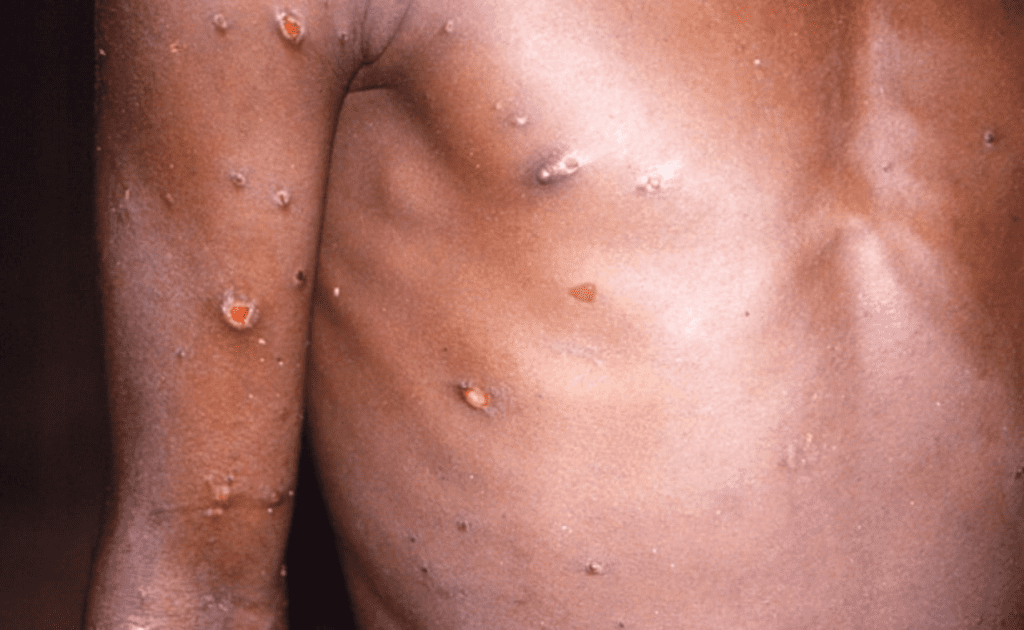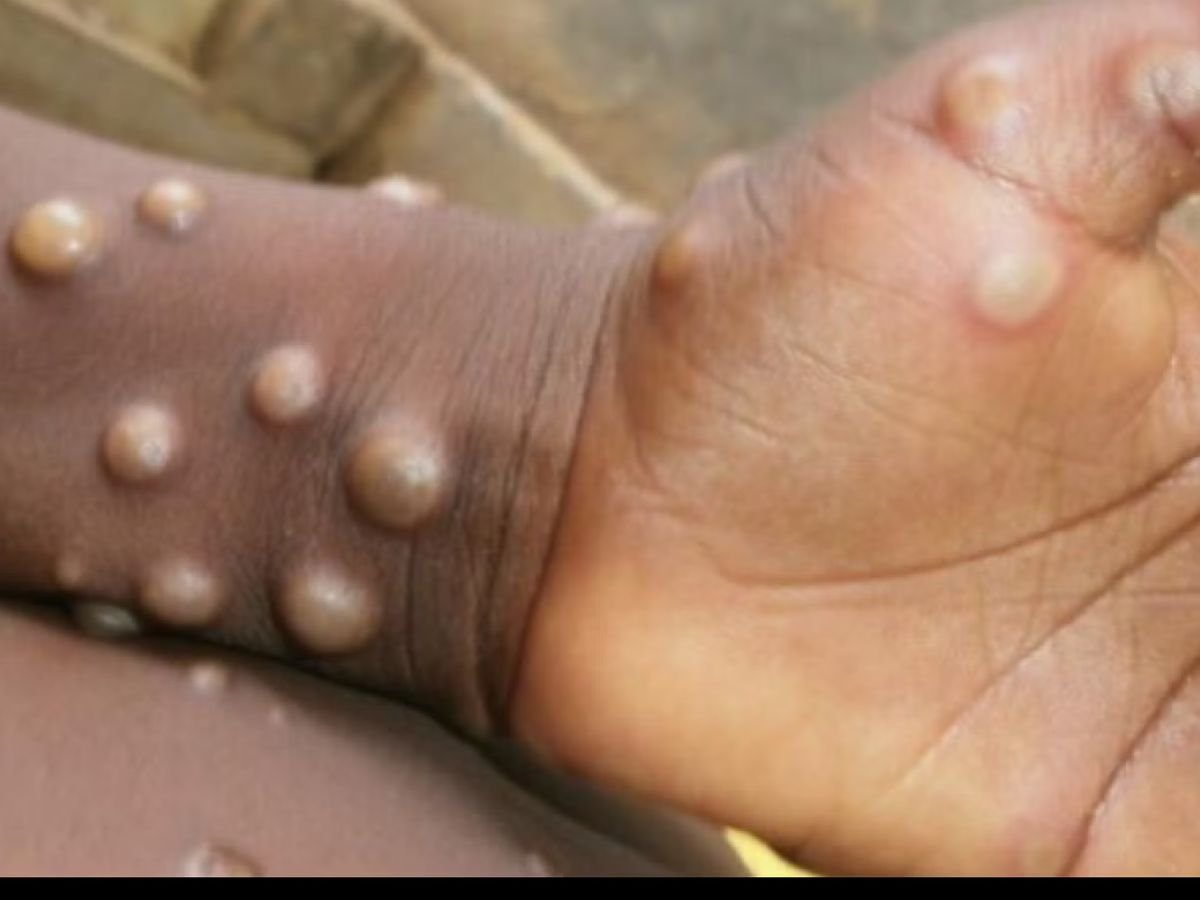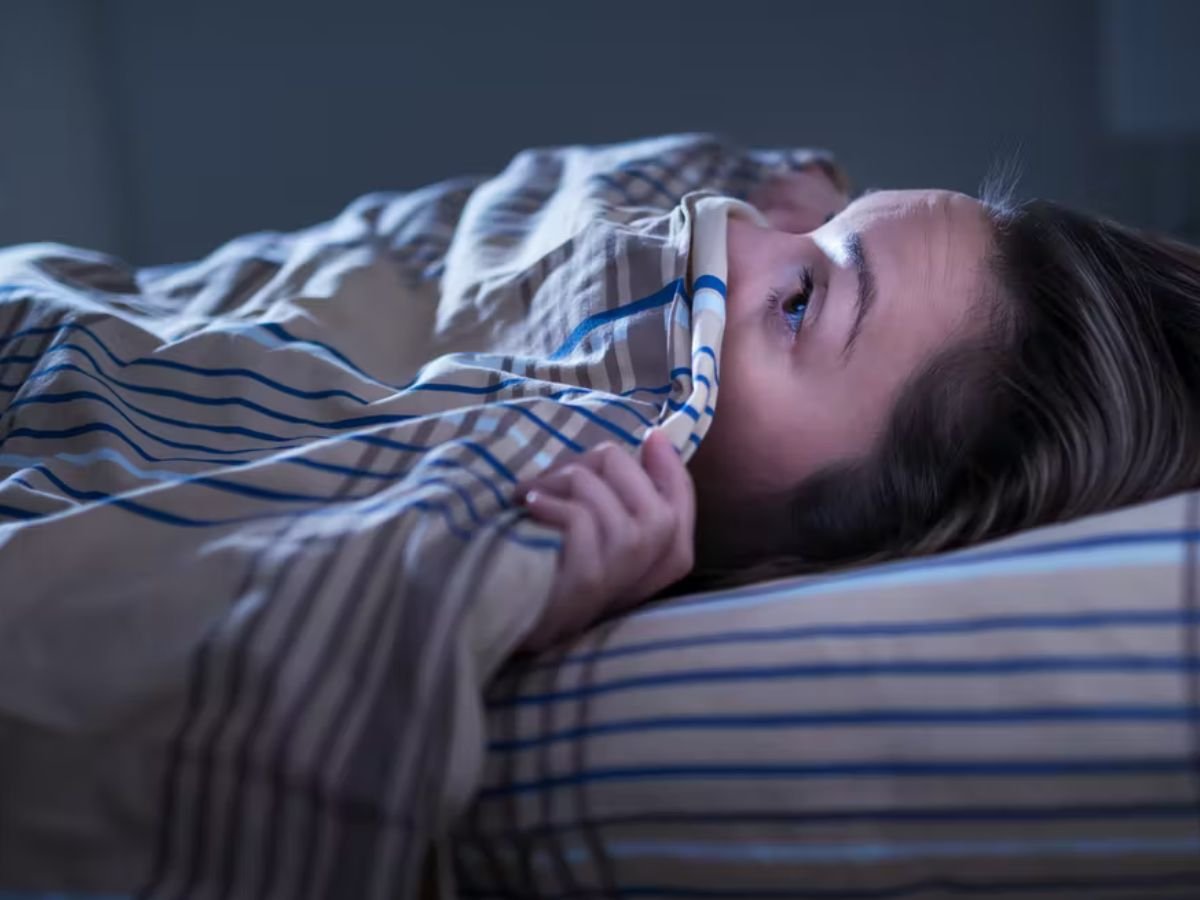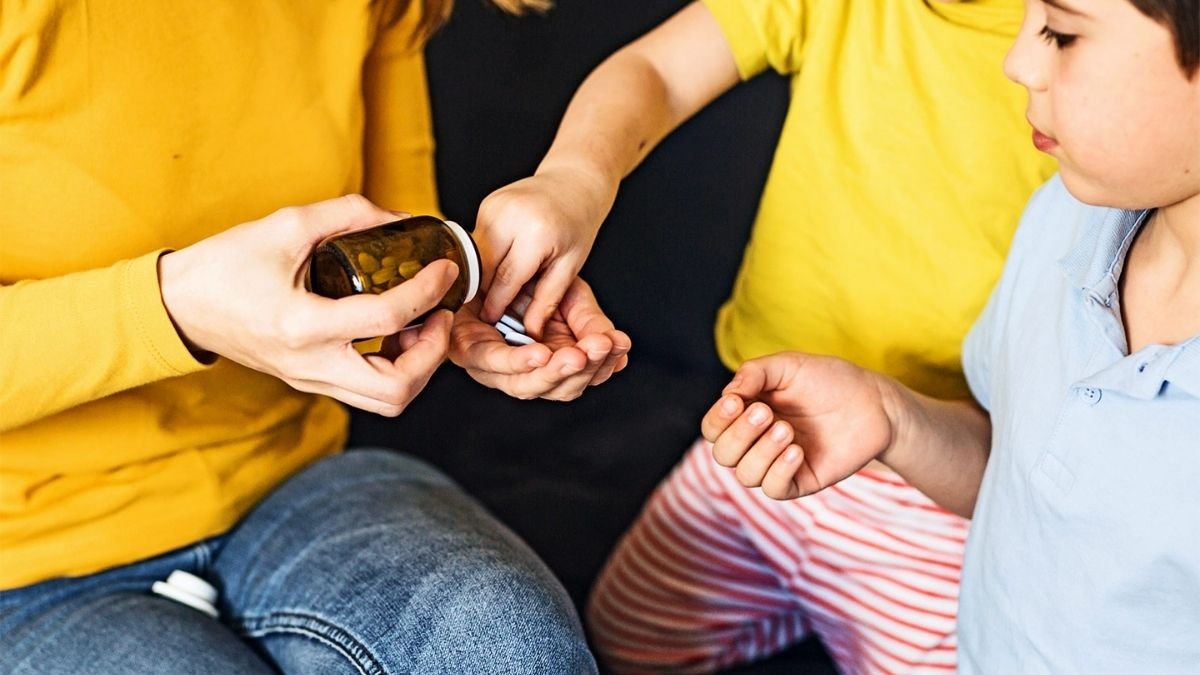As the number of Monkeypox cases in the UK reached 366, an experienced virologist emphasized the importance of avoiding personal contact.
According to Xinhua, the UK Health Security Agency (UKHSA) presented its first technical briefing on the ongoing Monkeypox outbreak on Friday, following comprehensive interviews with patients that are assisting health specialists in understanding transmission and determining how to target therapies.
On Saturday, Professor Paul Hunter of the University of East Anglia told Xinhua that the UKHSA briefing underscored the possibilities of the disease spreading.
“Monkeypox appears to be almost entirely transmitted through personal and intimate contact,” Hunter said, “therefore people should avoid contact with anyone who may be affected, especially if they have a rash.”
The UKHSA reported 43 extra cases of Monkeypox in England, one additional case in Scotland, and one additional case in Wales in its end-of-week update. As of June 9, the overall number of confirmed cases in the UK stood at 366.
In England, there are currently 348 confirmed cases, 12 in Scotland, two in Northern Ireland, and four in Wales.

According to the agency, 81% of the patients interviewed were known to be London residents, and 98% were male. In the United Kingdom, the average age of confirmed cases is 38 years old.
151 of the 152 males interviewed in the exercise identified as gay, bisexual, or men who have sex with men, or reported same sex contact. 75 individuals indicated recent international travel within 21 days of symptom onset, with 59 reporting travel inside Europe.
“We are working, both in the UK and with global partners, to progress the investigations that we need to help us better understand the virus, its transmission, and the best use of mitigations such as vaccines and treatments,” said Meera Chand, Director of Clinical and Emerging Infections at UKHSA.
People in the United Kingdom are being advised to contact a sexual health clinic if they have a rash with blisters and have had close contact, including sexual contact, with someone who has or may have monkeypox, even if they have not yet been tested.
The British government used legislation earlier this week to make monkeypox a notifiable disease, requiring doctors to notify health officials if they detect any instances.








































